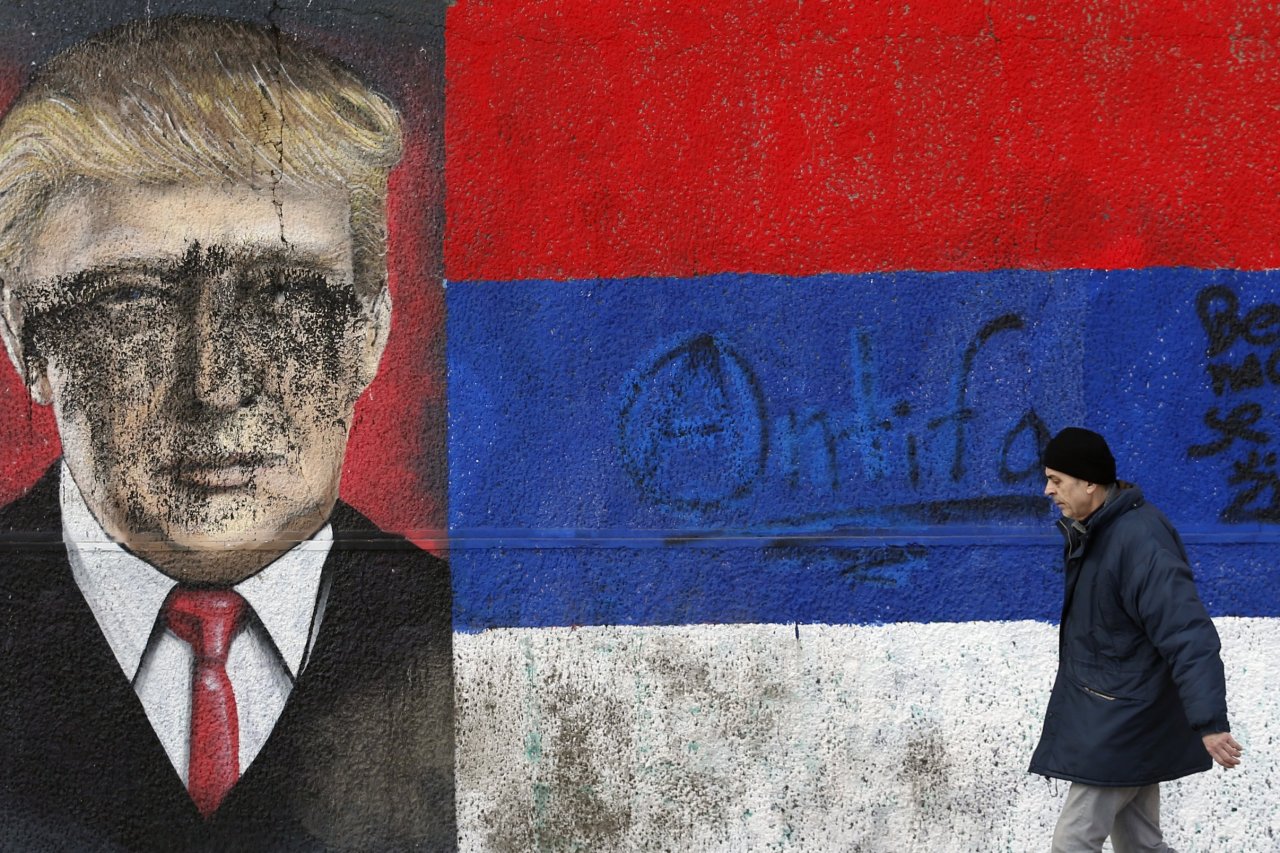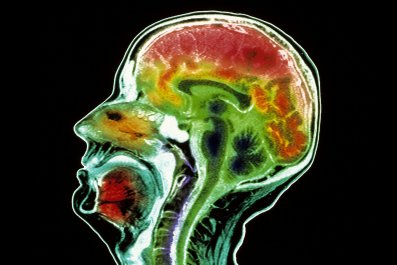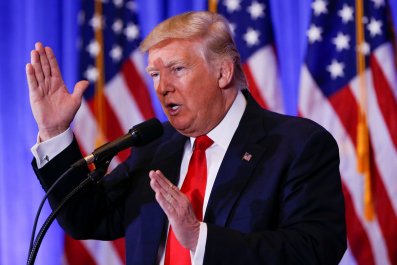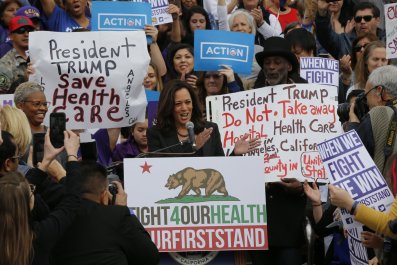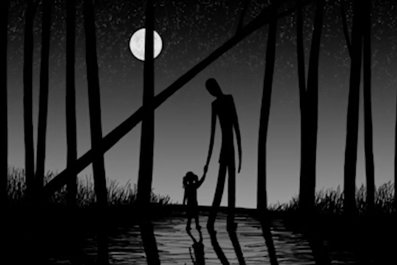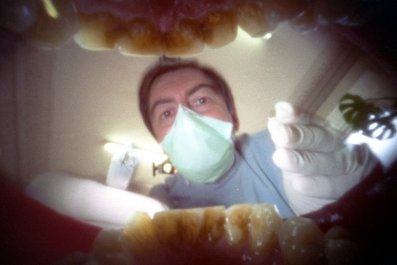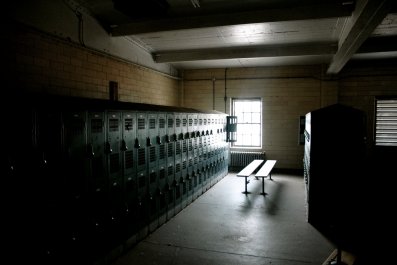In the days and weeks before Donald John Trump was sworn in as the 45th president, there was a lot of attention focused on a 55-year-old film, The Manchurian Candidate. Given Russian interference in the U.S. election, naturally gravitated to the 1962 Frank Sinatra film about a Soviet-Chinese plot to install a puppet in the Oval Office. (Everyone ignored the much-maligned Jonathan Demme 2004 remake.) In January, The New York Times asked if Trump was a modern Manchurian candidate. In December, Saturday Night Live spoofed a shirtless Vladimir Putin telling Trump: "We think you're the best candidate, the smartest candidate, the Manchurian candidate." ("I don't know what that means, but it sounds tremendous," Alec Baldwin replied in perfect Trump form.)
The film was an exemplary example of what historians call Cold War liberalism, a post–World War II belief in liberal policies at home—equal rights for blacks, an activist, New Deal–style federal government—and aggressively challenging of Communism abroad. John F. Kennedy's inaugural speech in 1961, encapsulated this view. As he put it, the U.S. would, "pay any price, bear any burden, meet any hardship, support any friend, oppose any foe" to promote freedom.
JFK loved The Manchurian Candidate, but the film was a commercial flop, and was taken out of circulation after his assassination in 1963. (In the movie, a presidential candidate is slain by a sniper from above as part of the Communist plot, an eerie foreshadowing of Kennedy's assassination.) The movie applauds the liberal mores of the time; one of the heroes of the film is a proud member of the American Civil Liberties Union, and there's even a Mad Men–esque sex appeal. Janet Leigh, a single woman on a train, picks up Sinatra with a bravado you wouldn't have seen in the Eisenhower era. Likewise, the intellectual psychiatrist helping Sinatra uncover the Commie plot is black.
Today, Cold War liberalism seems to be making a comeback. When Hillary Clinton called Trump Putin's "puppet" during the third presidential debate, some older viewers might have had a flashback to 1960, when Kennedy moved to the right of Richard Nixon by taking a super hard line on the "missile gap" with Moscow (it later proved to be a myth), and Chinese threats against two tiny islands in the Taiwan strait. Likewise, Democrats have been leading the charge to probe Russian hacking of both their party's national committee and the private emails of Hillary Clinton's campaign chairman, John Podesta, as well as some very suspect phone calls between Trump campaign officials and Moscow, which an interagency task force is investigating.
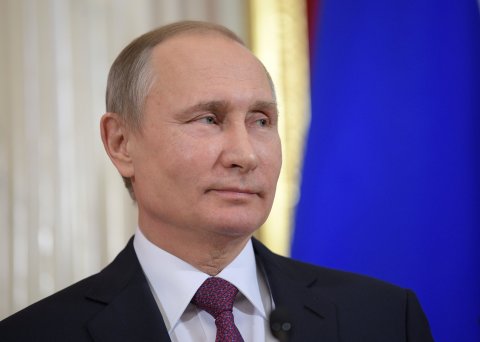
It's also telling that John Lewis, the famed civil rights figure and Georgia congressman, boycotted the Trump inauguration because of Russian interference in the election—and not the billionaire's call for a temporary ban on Muslim immigration. If a dove like Lewis is bashing Moscow, something is changing among Democrats.
If you were raised in the '70s or '80s, it's easy to think of the Democrats as the peace party, but throughout most of the 20th century, they were the hawks. Woodrow Wilson led the nation into World War I. Franklin Roosevelt itched to help America's allies against Adolf Hitler at a time when the Republican party was identified with isolationists like aviator Charles Lindbergh and religious broadcaster Father Charles Coughlin. In 1944, FDR dumped his dovish vice president, Henry Wallace, for a hawkish Missouri senator named Harry Truman. Four years later, Wallace ran for president as an independent, favoring a softer line on the Soviets, and Truman clobbered him. Give 'Em Hell Harry built NATO and the alliances that many worry Trump might now weaken or even dismantle. But it wasn't just politicians who championed liberal anti-Communism. Cold War liberals included union heads like Walter Reuther of the United Auto Workers, intellectuals like the historian Arthur Schlesinger Jr., theologian Reinhold Niebuhr and diplomat George Kennan.
Most Cold War liberals emphasized how Jim Crow was hurting America in its efforts to persuade newly formed post-colonial nations, especially in Africa, to ally with the U.S. instead of the Soviet Union. For this hawkish, liberal group, defeating segregationist George Wallace in the 1960s because of his embarrassment to U.S. foreign policy was as important as defeating the non-interventionist Henry Wallace some two decades earlier.
The breaking point for Cold War liberalism was Vietnam. After all, JFK had gotten America into the quagmire and his successor, Lyndon B. Johnson, expanded U.S. involvement dramatically. The war led to massive liberal protests against LBJ, his defense secretary, Robert McNamara, and other liberal hawks. The transformation of Robert Kennedy, elected to the U.S. Senate from New York in 1964, from a cold warrior by his brother's side to a leader of the anti-Vietnam war movement was a head-spinning shift. By the time George McGovern was nominated as the Democratic presidential candidate in 1972, running on an anti-war platform and the slogan "Come Home, America," the party had been profoundly changed.
But as memories of Vietnam faded, the Democrats' more hawkish impulses returned. In the 1990s, liberals—and some conservatives—pushed President Bill Clinton to intervene in the Balkans to stop Serbian aggression against Muslims. In the aftermath of 9/11, only one congressional Democrat opposed the use of force in Afghanistan. Liberals were split over the Iraq War, but then Senators Hillary Clinton, John Kerry (both of whom would become secretary of state under Barack Obama) and Joe Biden (of veep fame) all voted to authorize the use of force.
But there are big differences between the liberal cold warriors of yesterday and the anti-Putin Democrats of today. First, the Russian challenge is parochial. Communism was an ideology with appeal from Hanoi to Havana, and Moscow was the patron to self-styled revolutionaries worldwide. Putinism, if there is such a thing, has no international appeal. It is an expression of Russian nationalism, a carte blanche for oligarchs, with a dollop of anti-gay thuggery. It has similarities to nationalist, anti-immigration parties like the United Kingdom Independence Party, or the National Front in France, but it's nothing like Communism. Putinism isn't exactly going to spread like those Che Guevara T-shirts. Second, even the Democrats who are taking a tough line on Putin don't tend to be more interventionist. They're not, for example, pushing for a military response to Beijing, which is building artificial islands in the South China Sea and running afoul of Japan, Vietnam, the Philippines and the U.S. On issues like confronting Putin's ardent backing of Syria, Democrats are divided. Some, like Hillary Clinton, favored a harder line against the brutal regime of Bashar al-Assad, while others, like Biden were against backing the insurgents.
Yet that more aggressive strain of Cold War liberalism might just be dormant, not dead. Just as the Republicans have lurched back to their more isolationist days with a president who touted America first in his inaugural address, the hawkish impulse lies deep in the Democratic DNA. And some of the possible 2020 Democratic presidential candidates, like Senator Elizabeth Warren, have migrated to the Senate Armed Services Committee, where Clinton sat for eight years. That's a perch you use to show your hawkish credentials. If you're running for president just on butter and not guns, you stick to assignments like agriculture.
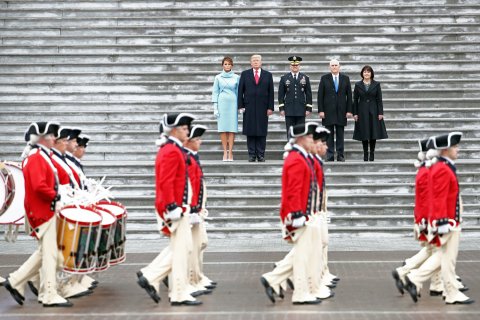
One trait of the Cold War liberals that could be applicable in the Trump era is a deep belief in alliances with Europe, not on America going it alone, and having humility abroad—an instinct born, in part, of a belief that America needed drastic social reform. Cold War conservatives were more chauvinistic—political theorist James Burnham once declared, "The reality is that the only alternative to the Communist world empire is an American empire, which will be, if not worldwide in formal boundaries, capable of exercising decisive world control." Truman struck a different tone: "We all have to recognize, no matter how great our strength, that we must deny ourselves the license to do always as we please."
That sounds like a good lesson for Trump, who thinks America should seize Iraq's oil and ignore the global consensus on issues like climate change where he's vowed to scrap the Paris accords.
America acting like an imperious, imperialist bully isn't part of the plot of The Manchurian Candidate. But it's still terrifying—both for U.S. and the world.


